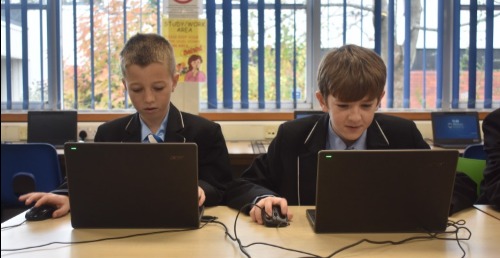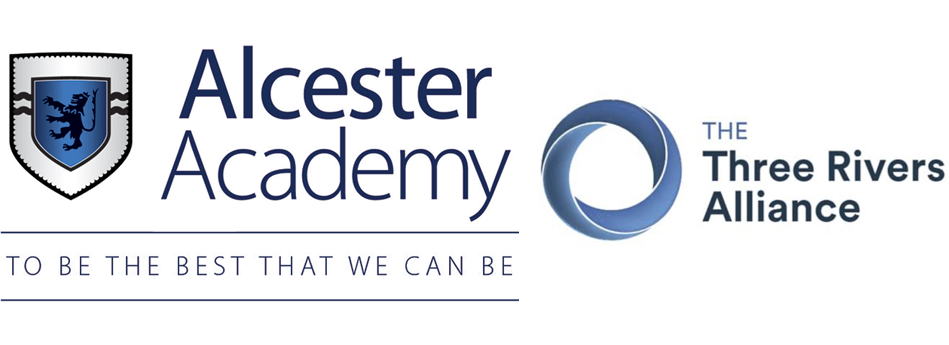Religious Studies

Religious Studies at Key Stage 3
The principal of Religious Studies at Key Stage 3 is to engage students in systematic enquiry into significant human questions which religions and other worldviews address. Students are then given opportunities to develop the understanding and skills needed to appreciate and appraise varied responses to these questions, as well as develop responses of their own.
Students will draw on a wide range of subject specific language confidently, learning to use the concepts of religious study to describe the nature of religion. They will understand how beliefs influence the values and lives of individuals and groups, and how religions and worldviews have an impact on wider current affairs. They will appraise the practices and beliefs they study with increasing discernment based on analysis, interpretation and evaluation, developing their capacity to articulate well-reasoned positions. The questions we study are set within the Warwickshire County Council Agreed Syllabus. Students will study Christianity, Islam, Sikhism, Buddhism, and Judaism; and encounter non-religious worldviews such as Humanism, and other religions and worldviews in thematic units where appropriate.
In year 7 we consider responses to the following: Does living biblically mean obeying the whole Bible? Does religion help people to be good? What is so radical about Jesus? Do we need to prove God’s existence? How can people express the spiritual through the arts?
In year 8 we consider responses to the following: What is good and what is challenging about being a teenaged believer? Should religious buildings be sold? Should happiness be the purpose of life? Is death the end?
Key Stage 4: GCSE Religious Studies
Students will study for their GCSE qualification following AQA GCSE Specification A.
The thematic components studied are Peace, and Conflict; Relationships and Families; Crime and Punishment; and Human Rights. To enhance learning Year 9 complete their House Competition, taking the form of an all-year debate; the research, preparation, and participation gives valuable opportunities to improve both group work and public speaking skills.
Students will complete in-depth studies of Christianity and Judaism with consideration of different beliefs and attitudes to religious and non-religious issues in contemporary British society.
Primary Objectives
Students will be challenged with questions about belief, values, meaning, and purpose, enabling them to develop their own attitudes towards religious issues. They will develop analytical and critical thinking skills, the ability to work with abstract ideas, leadership and research skills.
Withdrawal from Religious Studies
Parental right of withdrawal from RS was first granted in 1944 when curricular RS was called ‘Religious Instruction’ and, as such, had connotations of induction into the Christian faith. RS is very different now. Alcester Academy considers that the teaching of RS is very inclusive, and takes account of world faiths and non-religious world views so that children can learn about and from religious traditions and lifestyles without being inducted into those traditions. Alcester Academy follows the national curriculum. The full curriculum for the academy can be reviewed through the KS3/4 curriculum palettes:
In the UK, 70+ years later, parents still have the right to withdraw their children from RS on the grounds that they wish to provide their own RS. This RS provision will be the parents’ responsibility. This right of withdrawal exists for all pupils in all types of school, including schools that do and do not have a religious designation.
If you wish your child to be withdrawn from RS at Alcester Academy, please write to the head teacher head@alcesteracademy.org.uk and a further meeting will be arranged.
Linked documents:
Religious Studies Long Term Plans & Assessment Plan
Ethics LTP Year 9
Ethics LTP Year 10
Examples of the kinds of assessments to expect: RS Assessment Plan





